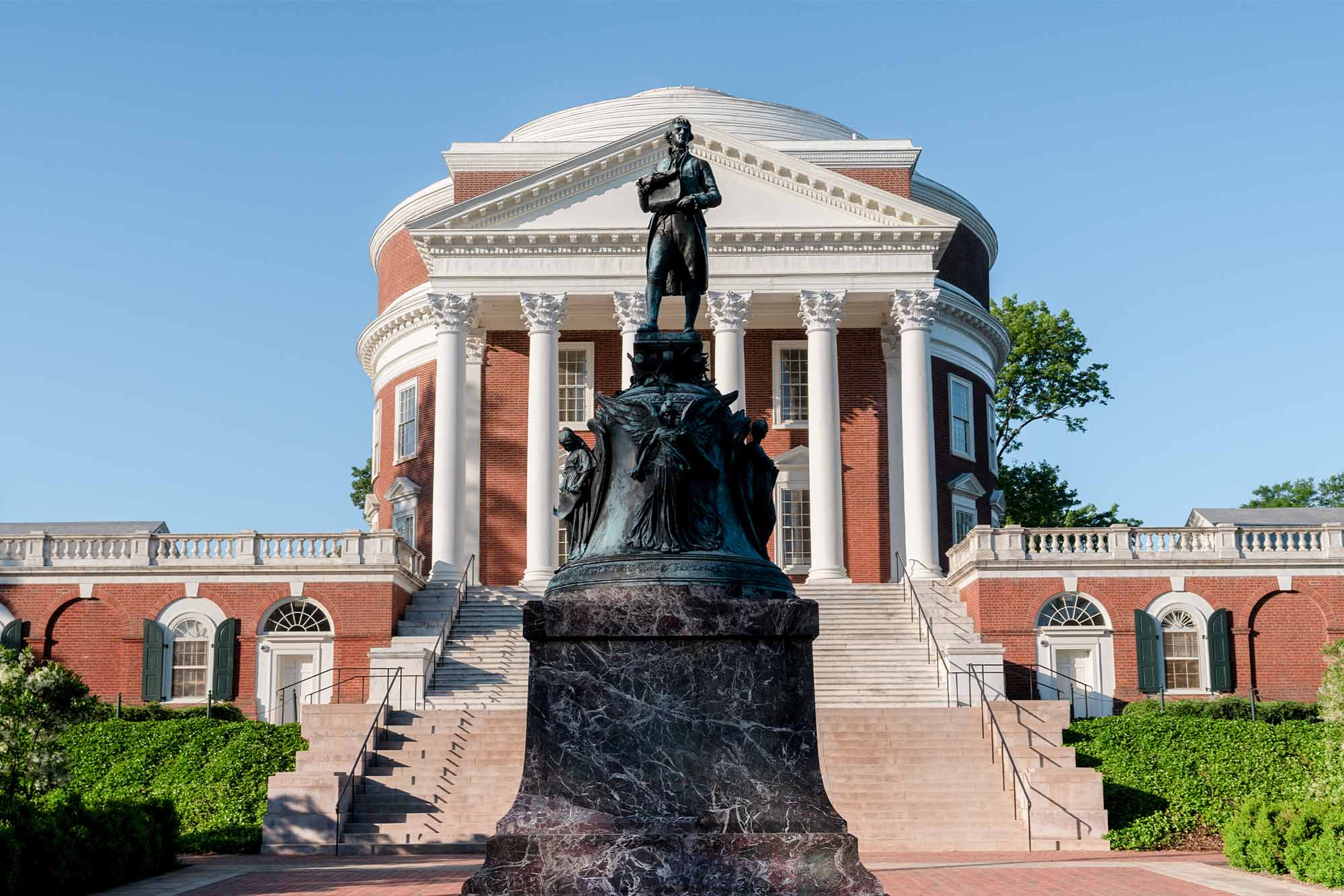

First, she manages an often-dispassionate chronicle of the historic rise and proliferation of the privileged class and its service to African American causes (racial uplift). The brilliance of Jefferson’s approach in the work is manyfold. In short, she is able to inspire sympathy and a sincere desire to understand the region’s ethos.

Laced with descriptions of complicated housing and exclusionary practices and comportment and social commentaries, Jefferson’s narrative offers a thorough examination of the topic. The work begins with a definition of Negroland: “a small region of Negro America where residents were sheltered by a certain amount of privilege and plenty.” Hence, Negroland is as much a place as it is a state of mind. (Dorothy West’s account in The Living Is Easy is somewhat sentimental in the sheer awe the narrator has of the mother figure, and Lawrence Otis Graham’s account in Our Kind of People is a bit gratuitous.) Jefferson manages an honest yet balanced account of a class of people who have been pitted (in perception and sometimes in actuality) against the masses since the African’s abduction and forced enslavement in North America and the Caribbean.

Hers is an artful and complicated memoir that achieves what countless other accounts of the black privileged class (fiction and nonfiction) have not been able to do with success. Margo Jefferson, acclaimed journalist and critic, has written a tour de force on the black privileged class.


 0 kommentar(er)
0 kommentar(er)
